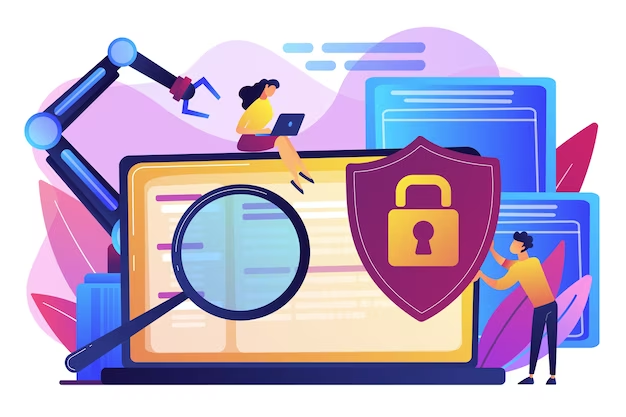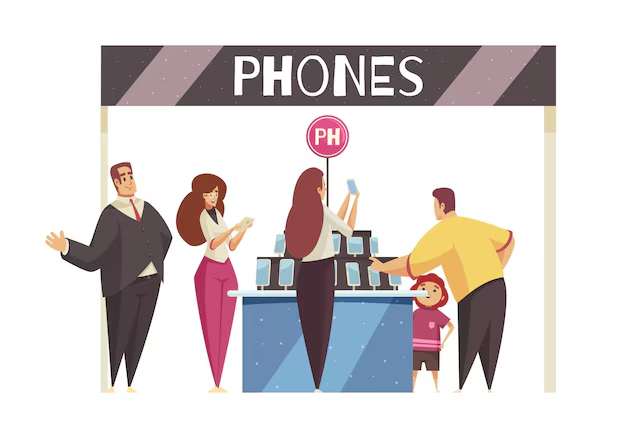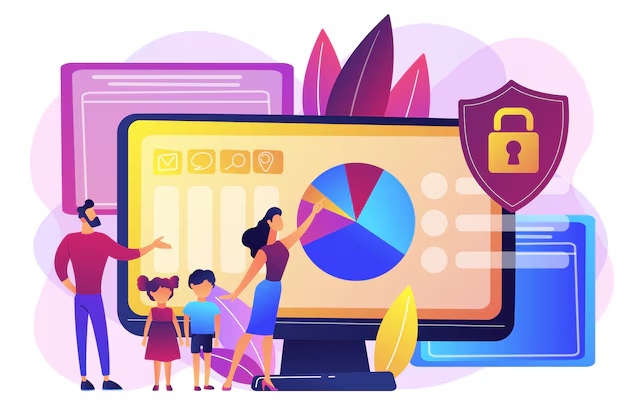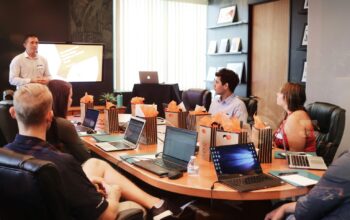Classified information can be safeguarded by using different secure methods that protect sensitive data. This information is important for keeping national security, privacy, and other valuable interests safe. By using special tools and practices, we can ensure that only the right people can access this information.
One way to keep classified information safe is by using vaults. Vaults are strong storage places that keep important documents locked away and protected from thieves or damage. Another way is through secure rooms, which are designed for private discussions about sensitive topics. These rooms help prevent anyone from listening in on important conversations.
What is Classified Information?
Classified information is any data that needs special protection. It might include secrets related to national security, personal privacy, or business strategies. Because this information is sensitive, it must be kept safe from people who shouldn’t see it. Protecting classified information helps ensure safety and trust.
Different types of information are classified into levels. For example, “Confidential” is less sensitive than “Top Secret.” Each level requires specific ways to protect it. The methods used are very important to keep the information secure and ensure it is only shared with the right people.
How Classified Information Can Be Safeguarded by Using Vaults

Vaults are very secure places designed to keep important documents safe. When classified information is stored in a vault, it is protected from theft or damage. These storage areas are built with strong materials and are locked with advanced security systems.
- Physical security: Vaults often have heavy doors and locks.
- Surveillance systems: Many vaults are monitored with cameras.
- Access control: Only authorized personnel can enter these secure areas.
In addition to vaults, it is crucial to keep track of who has access to the information. Knowing who can enter the vault helps prevent unauthorized access. Training staff on how to handle classified information is also an essential part of the security process.
The Role of Secure Rooms in Protecting Sensitive Data
Secure rooms, also known as Sensitive Compartmented Information Facilities (SCIFs), are specially designed for discussing classified information. These rooms help keep conversations private and prevent eavesdropping.
- Soundproofing: Secure rooms are built to block sound so that no one can overhear discussions.
- Electronic security: They are equipped with technology to prevent any electronic spying.
- Controlled access: Only people with the right clearance can enter these rooms.
When meetings involve sensitive topics, using secure rooms ensures that information stays safe. This way, discussions about classified projects or operations remain confidential. It helps maintain trust within the organization and protects the information from being leaked.
Using Secure Telephones to Keep Conversations Private

Secure telephones are designed for making private calls about classified information. These devices use encryption technology to keep conversations safe from being intercepted by unauthorized listeners.
- Encryption: Secure phones scramble voice data, making it unreadable if intercepted.
- Dedicated lines: They often use special phone lines that are not accessible to the public.
- User training: People using these phones need training to understand their operation and security features.
These secure communication methods are important for ensuring that sensitive discussions stay private. By using secure telephones, government officials and businesses can share important information without fear of it being accessed by others.
Why is It Important to Protect Classified Information?
Protecting classified information is vital for many reasons. First, it helps national security by keeping sensitive military and government secrets safe. If this information were to fall into the wrong hands, it could pose serious risks.
Furthermore, maintaining privacy is crucial for individuals and companies. For example, companies may have trade secrets that they do not want competitors to know. Keeping these secrets safe helps maintain their competitive edge in the market.
In addition to protecting sensitive data, safeguarding classified information builds trust with the public. When people know that their information is secure, they are more likely to cooperate with authorities and share their concerns.
Common Security Measures for Classified Information
To ensure classified information remains protected, various security measures are implemented. These measures can include physical security, employee training, and technology upgrades.
- Physical barriers: These include locks, fences, and security guards.
- Training: Employees must understand the importance of keeping information safe.
- Regular audits: Regular checks ensure that security measures are being followed.
By using these security measures, organizations can create a strong defense against unauthorized access. Ensuring everyone is aware of their role in protecting classified information is essential for maintaining overall security.
Conclusion
Protecting classified information is very important for everyone. By using methods like vaults, secure rooms, and secure telephones, we can keep sensitive data safe from those who shouldn’t see it. These tools help ensure that only the right people can access important information, which helps keep our country and our privacy secure.
Understanding how classified information can be safeguarded by using these methods is essential. It allows us to recognize the value of security in our everyday lives. Whether in government, business, or personal matters, taking steps to protect sensitive information helps build trust and safety for everyone.
FAQs
Q: What is classified information?
A: Classified information is sensitive data that needs protection, often related to national security or personal privacy.
Q: How can vaults protect classified information?
A: Vaults are strong, locked storage places that keep important documents safe from theft and damage.
Q: What are secure rooms?
A: Secure rooms, or SCIFs, are specially designed spaces for private discussions about classified information to prevent eavesdropping.
Q: Why are secure telephones important?
A: Secure telephones use encryption to protect conversations about classified information from being intercepted by unauthorized listeners.
Q: What should I do if I see classified information?
A: If you see classified information that should not be shared, it’s important to report it to a trusted adult or authority immediately.




